about us
Sustainable Villages is a small world, global network of community-based organizations that grow from the bottom up and expand virally by paying forward.
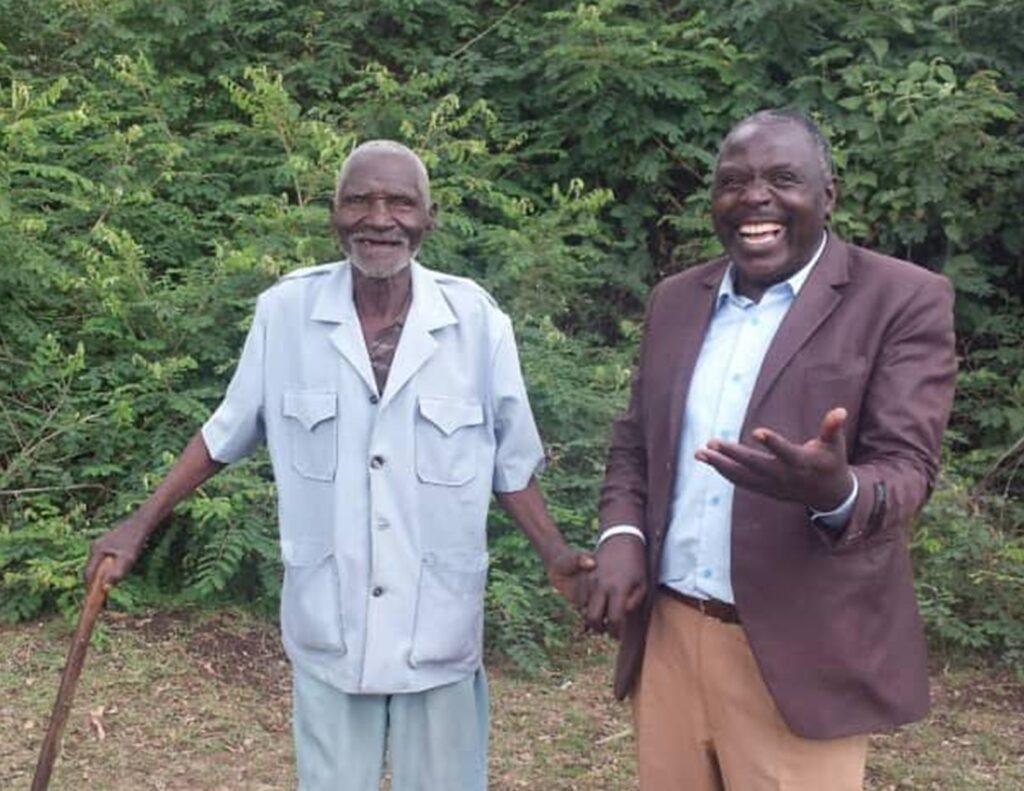
Our Beginning
In 1988 Sustainable Village got its start in a small corner of Africa. That is when a young rural farmer named Alfred Rodgers received a $300 pay forward loan from a Canadian supporter. With the money Alfred established a village pharmacy in the rural highlands of Southern Tanzania and began paying forward. Canadians observed and learned as African community leaders reinvested profits from village businesses across regional and national borders. Presently, over 200 community-based organizations in seven African countries are constructing their own village schools, clinics, collective farms, and micro-businesses. They do so with a spirit of paying it forward and receive support through Anhart’s wealth transfer philosophy. To date, the Sustainable Villages Initiative has disbursed over $2M to commendable community-based projects in Central and Sub-Saharan Africa, adhering to the guidelines of the Canadian Revenue Agency and regional African regulators. Now the initiative is spreading to Asia and Central America. It all started with the power of small.
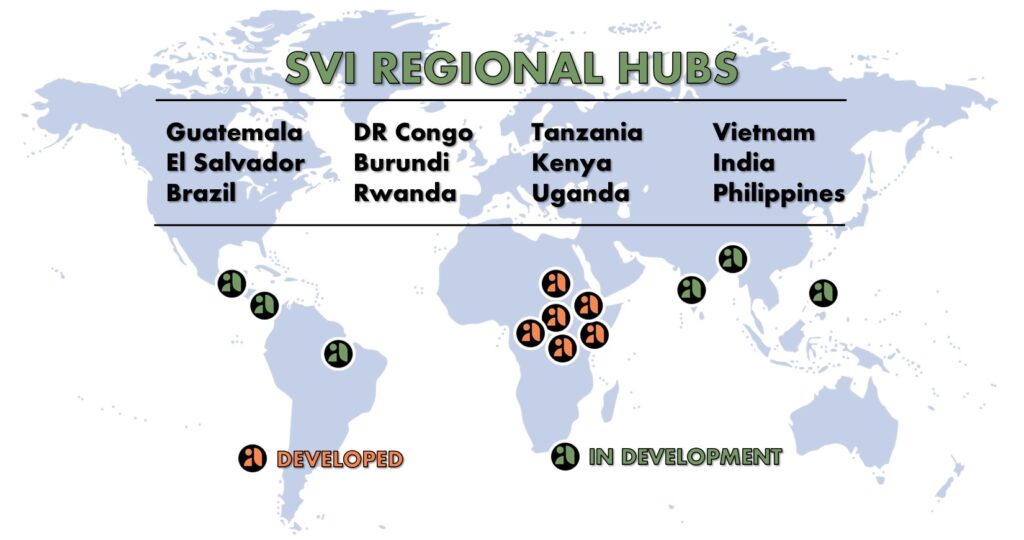
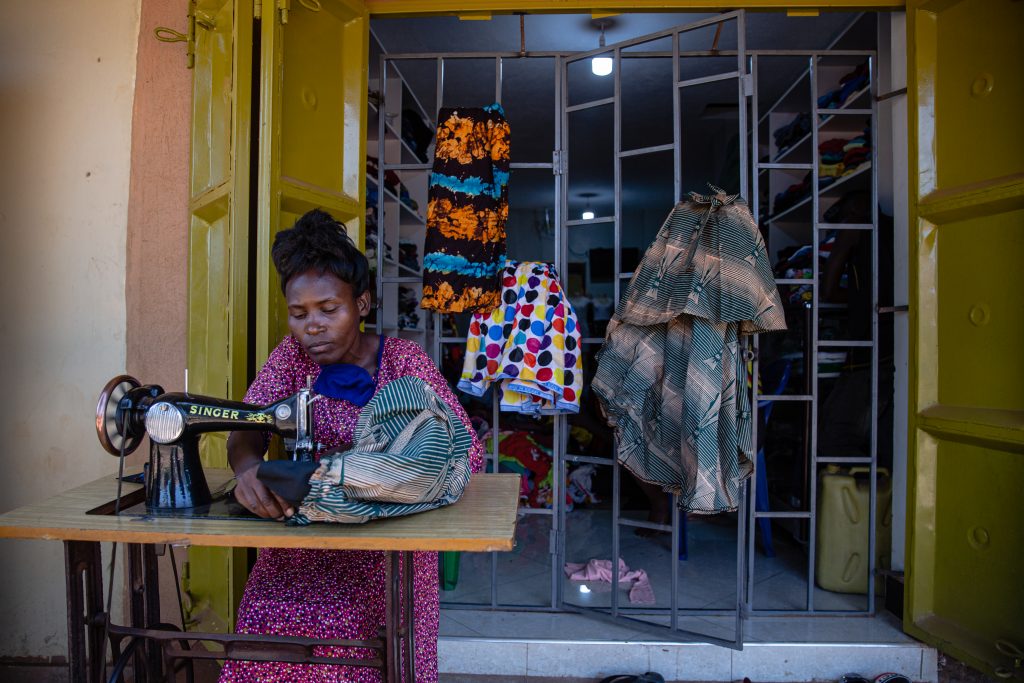
Pay it Forward Micro Credit
Sustainable Villages’ Pay it Forward (PiF) program fosters CBOs through impactful loans. CBOs start with $100-$300 PiF loans—interest-free and collateral-free. Recipients pay it forward perpetuating the cycle. Loans fund village businesses like livestock rearing, agriculture, kiosks, pharmacies, and tailoring. PiF empowers individuals, promoting self-sufficiency and growth. Repeated pay-forward generates a positive multiplier effect, supporting multiple entrepreneurs and community development. Accessible and interest-free funds enable micro-businesses, spurring economic growth. The perpetual cycle of the loan, with no interest or security, earns it the name “the loan that keeps on giving.” The loans serve as initial capital for various ventures aligned with community needs. Sustainable Villages’ PiF program drives continual development.
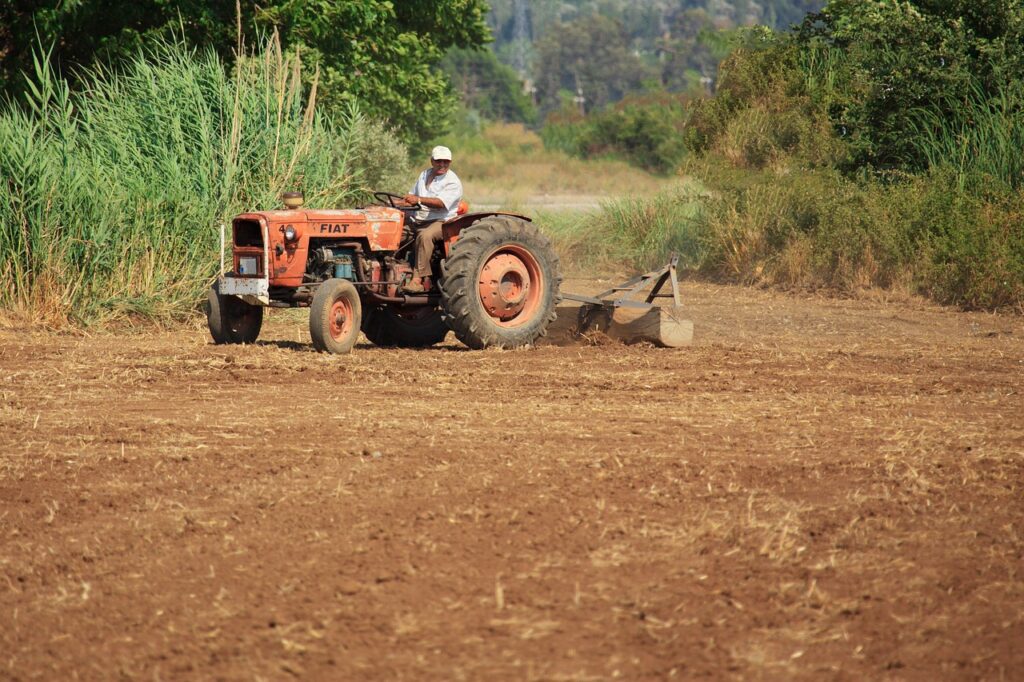
Collective Farms
Village-based collective farms are sustainable community initiatives where local farmers collaborate to cultivate and manage agricultural land. By pooling resources and knowledge, farmers optimize land use, enhance productivity, and overcome limitations. These farms prioritize sustainable practices like organic methods and water conservation, enabling adaptation to environmental changes. They increase food security, reduce reliance on external sources, and provide opportunities for skill-sharing, capacity building, and income generation. Village-based collective farms foster social cohesion, empowering communities through strengthened social ties, collective decision-making, and resilience against challenges. Through cooperation and shared resources, these farms exemplify the power of community-driven initiatives in promoting sustainable agriculture, food security, and socio-economic.
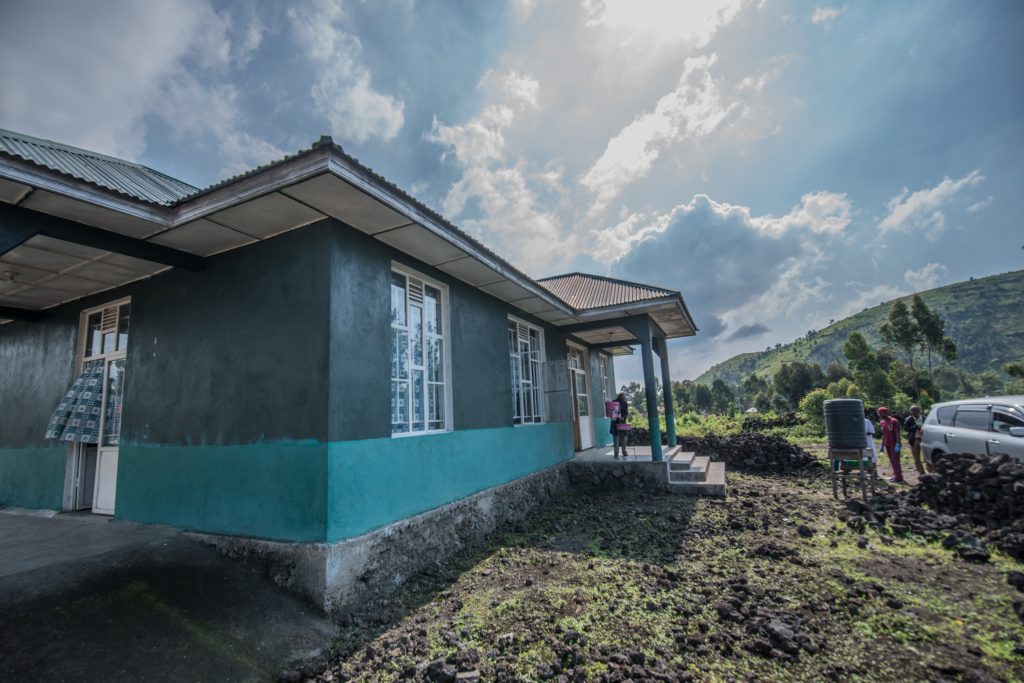
Clinics and Schools
Village-based clinics and schools are vital for rural community development. These institutions provide accessible healthcare and education, improving well-being and offering numerous benefits. Clinics in villages ensure essential healthcare services are available. Staffed by professionals, they address common illnesses, provide preventive care, vaccinations, maternal and child healthcare, and raise health awareness. Similarly, village-based schools bring education closer, particularly in remote areas with limited opportunities. They offer foundational education, literacy, numeracy skills, empowering individuals and contributing to community development. Benefits include improved health outcomes, poverty reduction, social empowerment, and economic development. Typically, a village school or clinic can be built for $30,000.
Directors
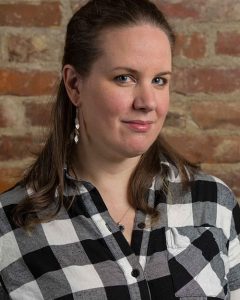
Crystal Wiebe lives in Hope, BC Canada and is the Treasurer of the Sustainable Villages Society. Crystal spent part of her childhood in East Africa and has worked in El Salvador as a young adult. Crystal is fluent in English and Spanish.
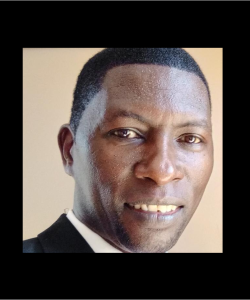
Gradius Theonest lives in near Dar es Salaam, Tanzania and is the Sustainable Villages Senior Advisor. Pastor Theonest leads a community-based church and creates community-based organizations. Gradius is fluent in Swahili and English.
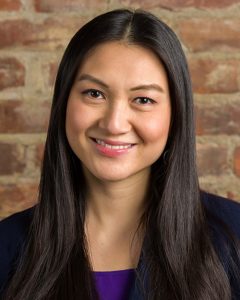
Vy Nguyen lives in Qualicum Beach, BC Canada and is the Secretary of Sustainable Village Society. Vy is an experience executive administrator and offers training to interns globally. Vy is fluent in Vietnamize and English.
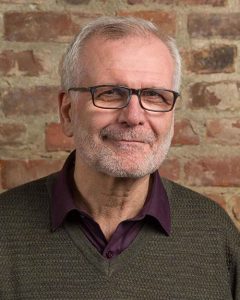
Keith Gordon lives in Vancouver, BC Canada and is the Chair of the Sustainable Villages Society. Keith creates privately funded community-based organization in Africa, Central America, and Asia and is fluent in English and Swahili.
